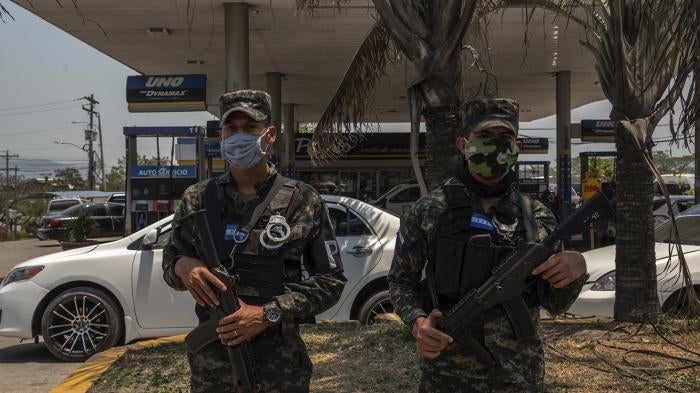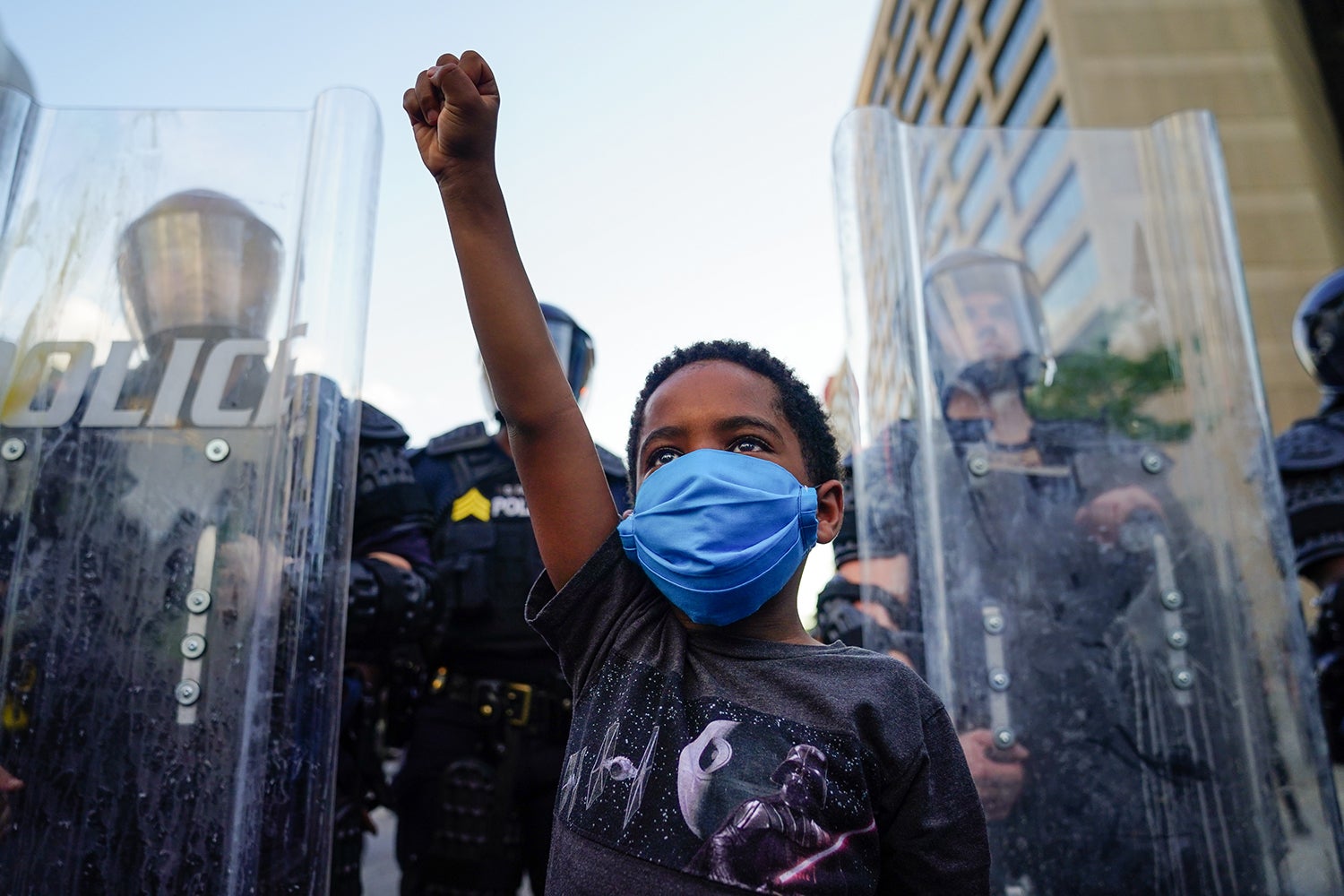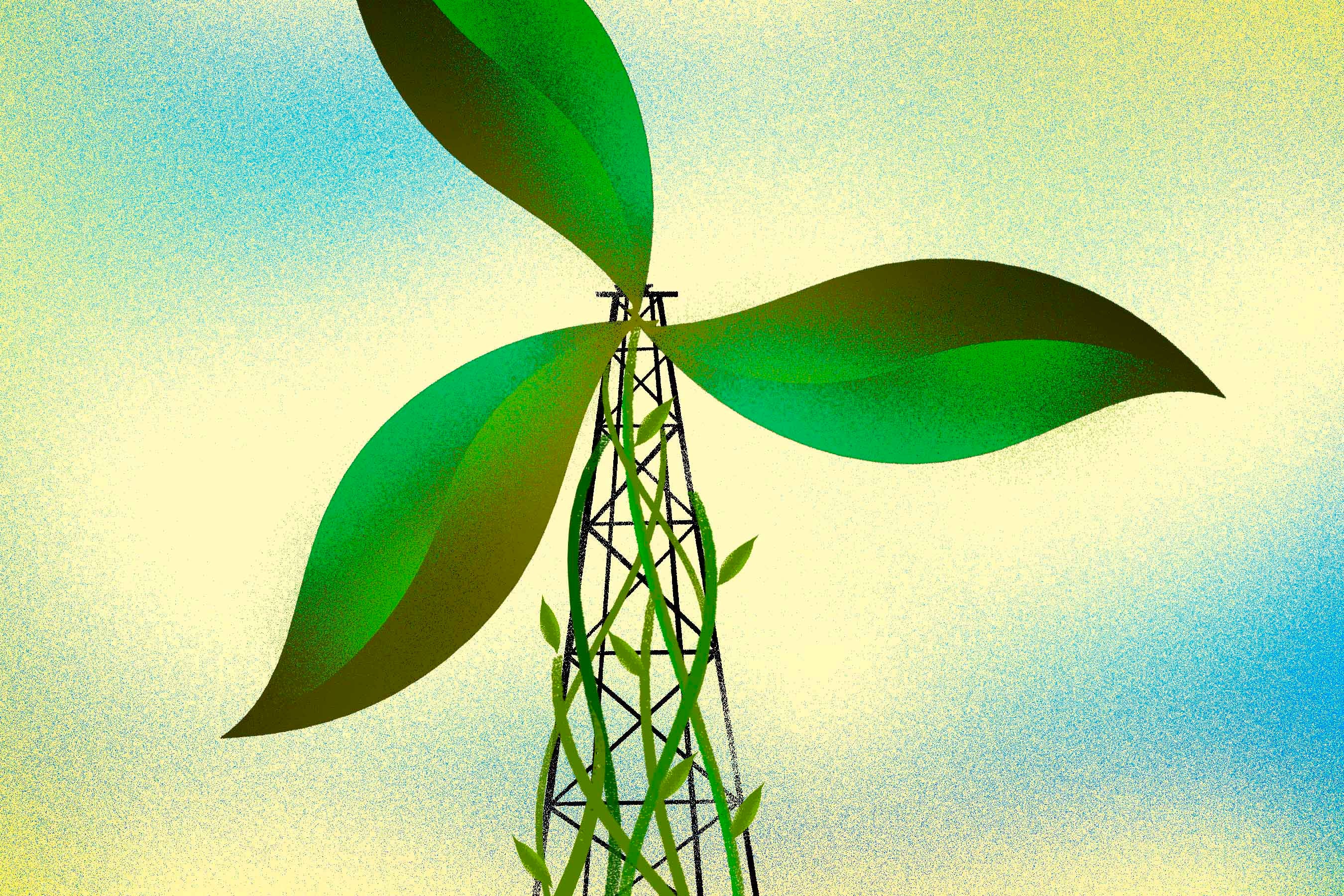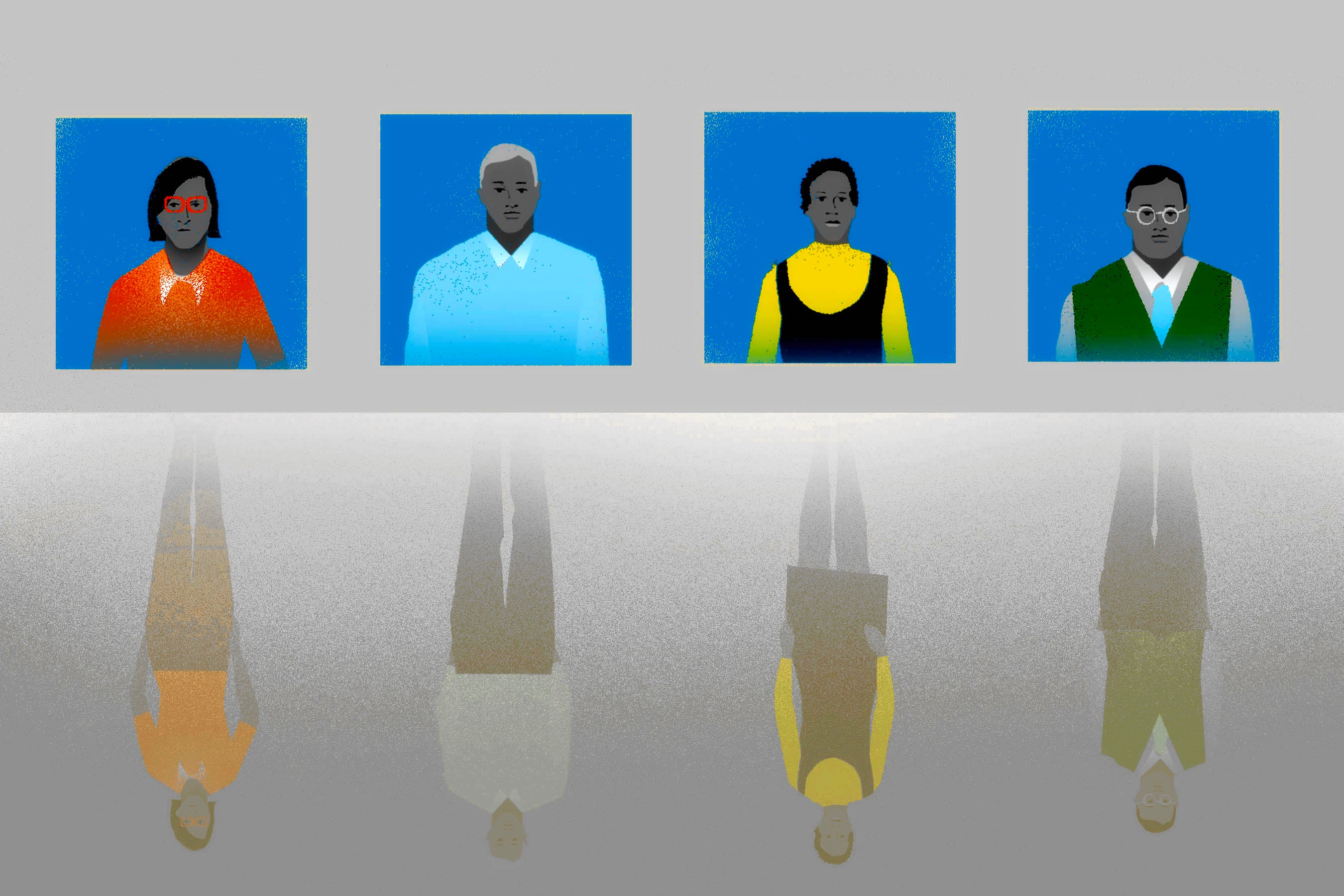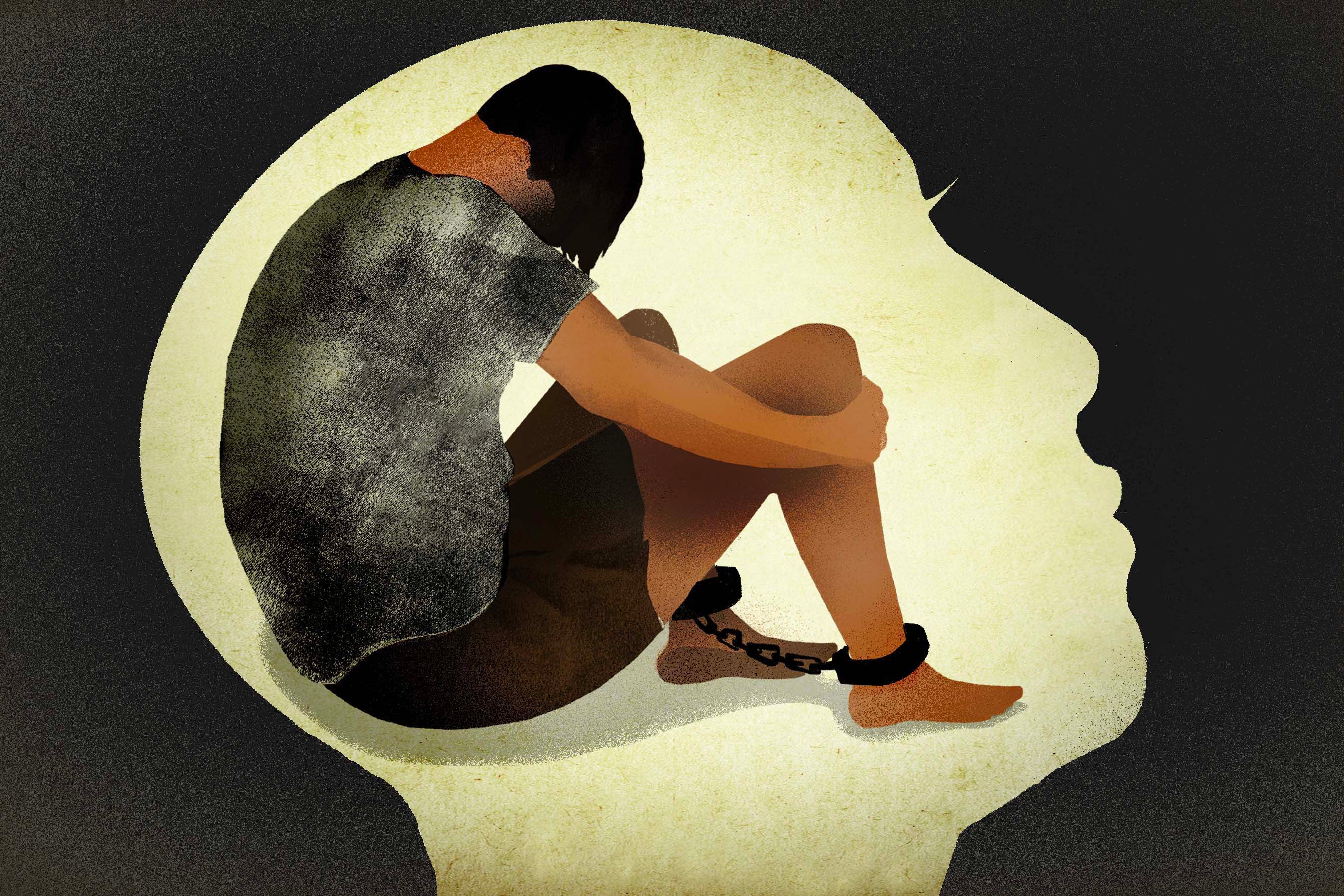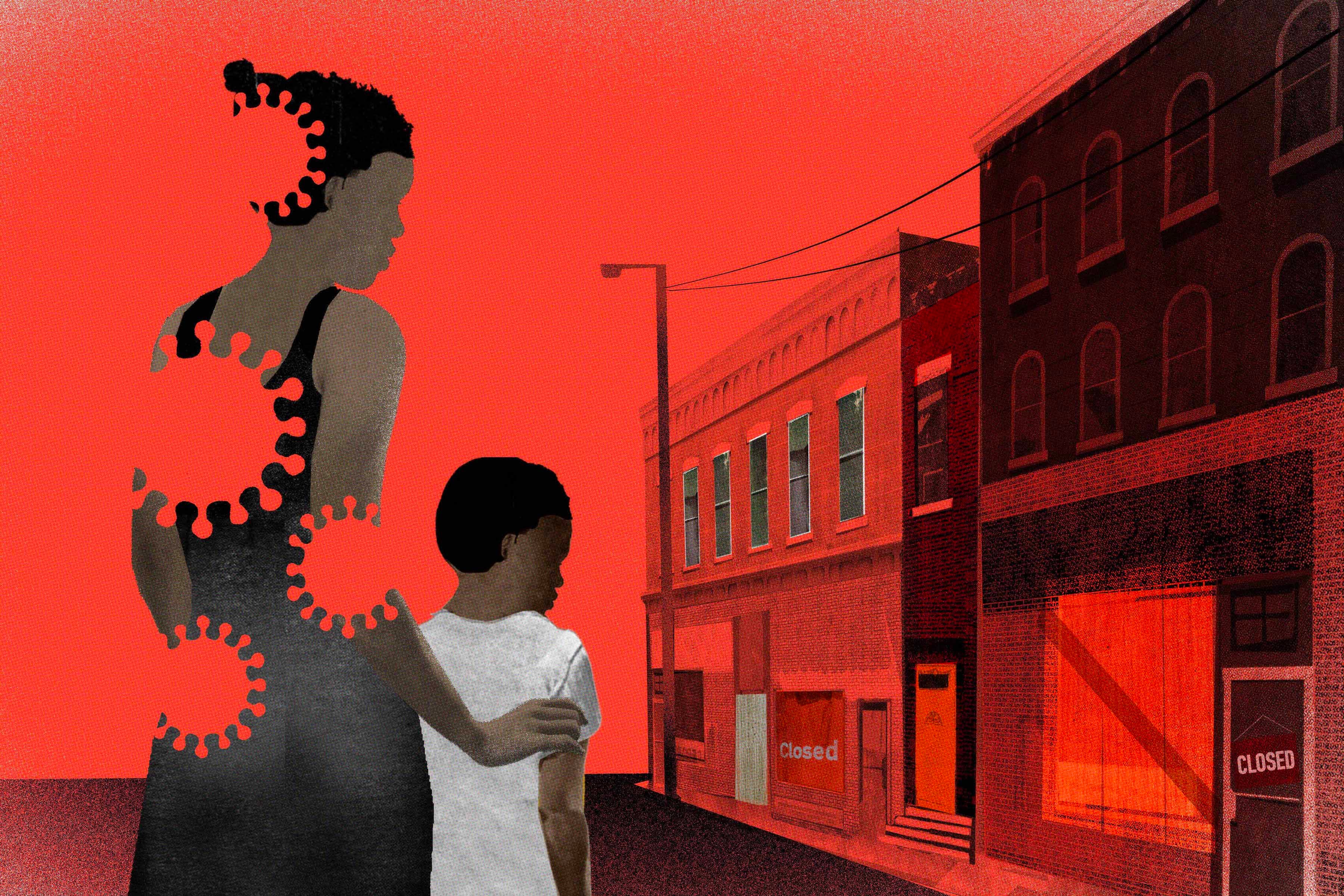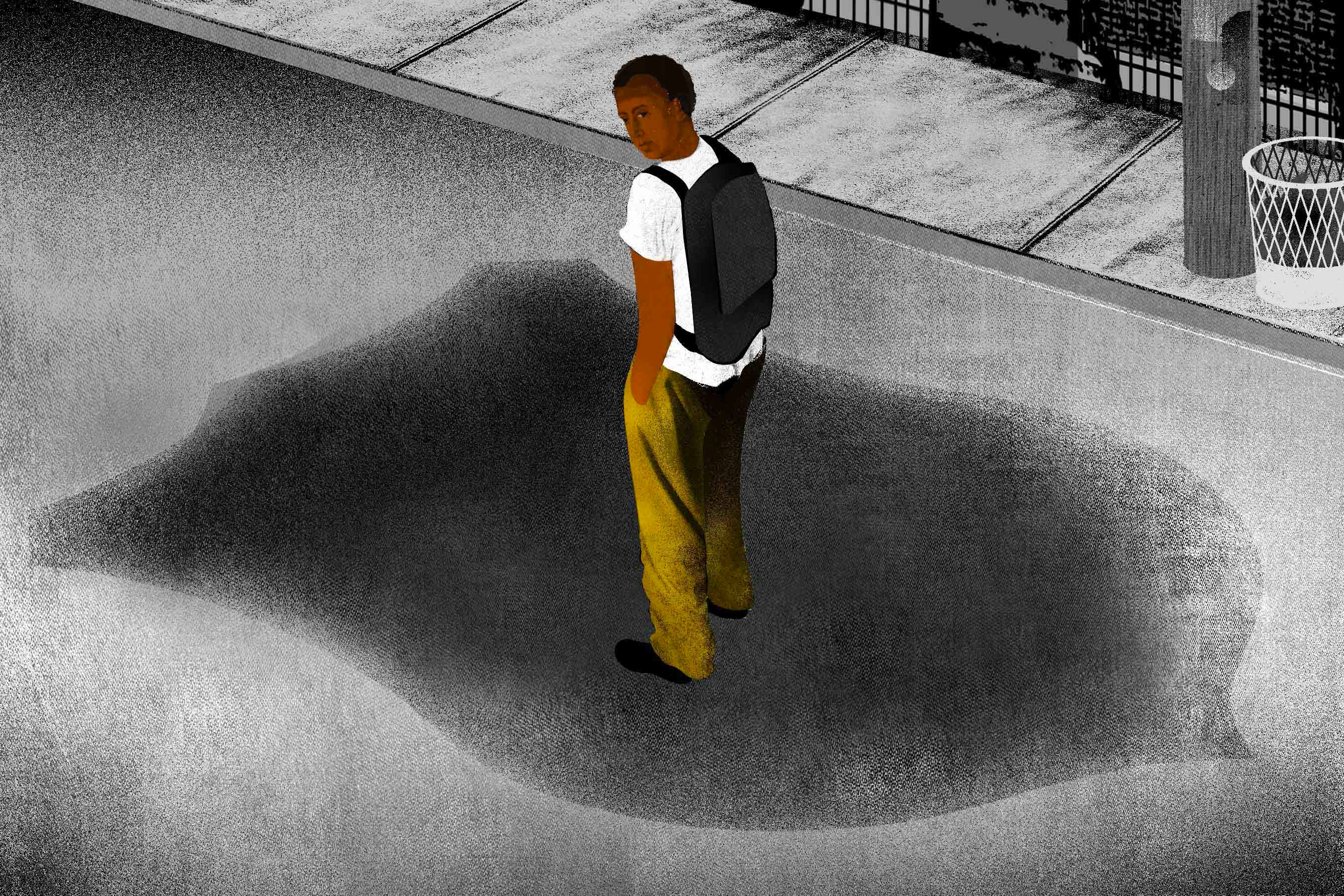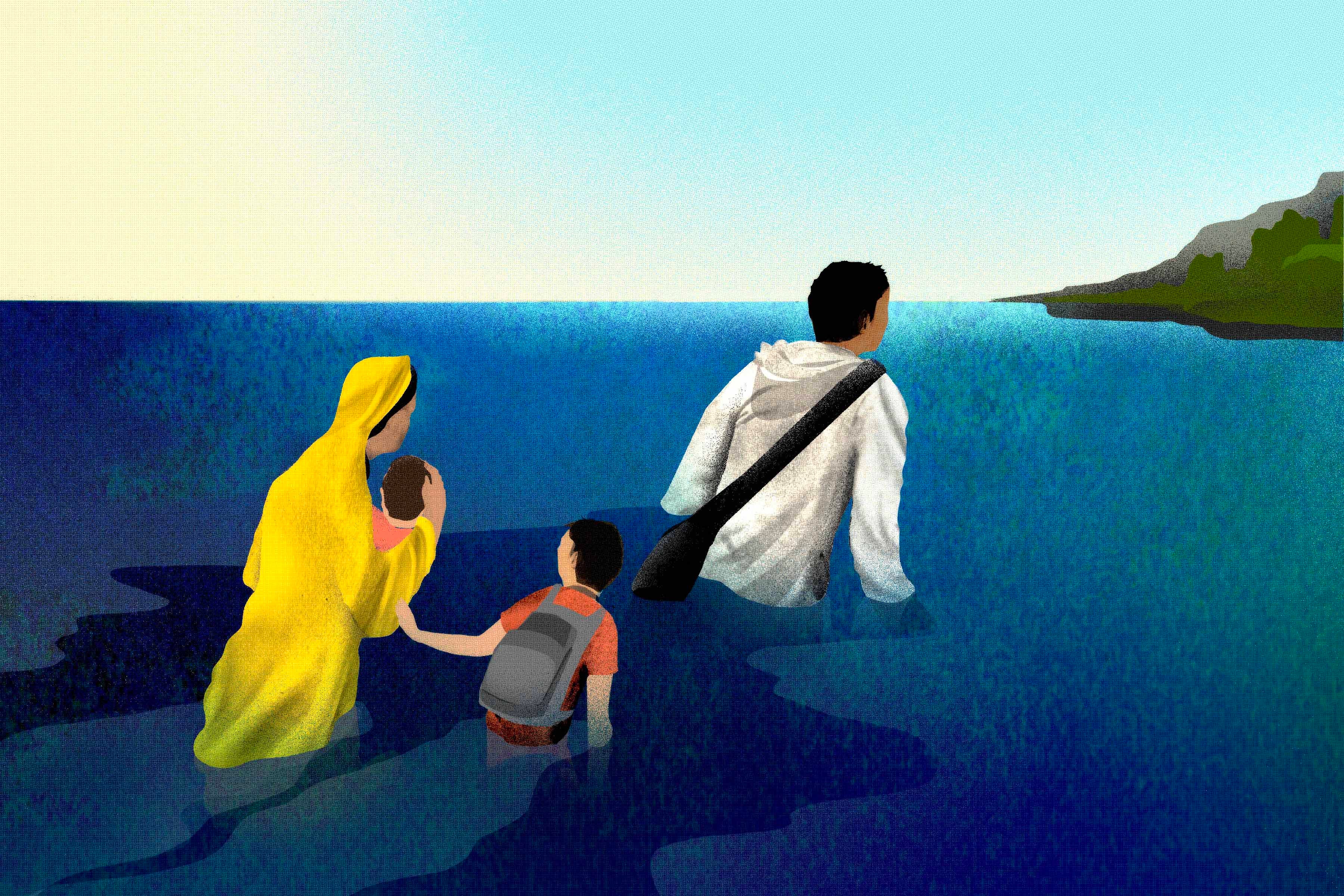Violent organized crime continues to disrupt Honduran society and push many people to leave the country. Journalists, environmental activists, lesbian, gay, bisexual, and transgender (LGBT) individuals, and people with disabilities are among the groups targeted for violence. The government relies heavily on the military for public security.
Efforts to reform public-security institutions have stalled. Marred by corruption and abuse, the judiciary and police remain largely ineffective. In June 2020, a new criminal code came into effect. It included provisions that appeared aimed at reducing penalties for politicians linked to organized crime, by lowering sentences for corruption and related offenses. The new code also includes alternatives to detention for low-level crimes, including partial prison sentences and penalties that allow for conditional release. Impunity for human rights abuses, violent crime, and corruption remains the norm, even as the prison population has mushroomed.
Security forces committed abuses while enforcing a nationwide Covid-19 lockdown that President Juan Orlando Hernández imposed in March. An audit of government purchases of medical supplies to fight Covid-19 revealed supplies worth tens of millions of dollars had gone missing. Prisons saw significant Covid-19 outbreaks.
Gangs
Gang violence is widespread in and around urban areas. Estimates of the number of active gang members range from 5,000 to 40,000.
Gangs exercise territorial control over neighborhoods and extort residents throughout the country. They forcibly recruit children and sexually abuse women, girls, and LGBT people. Gangs kill, disappear, rape, or displace those who resist.
Gangs, particularly the Mara Salvatrucha (MS-13) and the 18th Street Gang (Barrio 18), are considered to be largely responsible for Honduras’ murder rate, and are infamous for extortion and drug peddling.
Historically, governments have responded with iron-fist security strategies to combat organized crime, enacting tougher legislation and increasing police presence and mass detentions. In 2018, the government created a special force to fight gangs (Fuerza Nacional Anti Maras y pandillas). Members include officers from the police, the military, and the Attorney’s General Office.
Abuses by security forces, including alleged collusion with criminal organizations, and weak state institutions, have contributed to the persistence of gang violence.
Police Abuse
Excessive use of force by police and deployment of the military in public security operations continued in 2020.
The media and nongovernmental organizations (NGOs) reported several cases of abusive police enforcement of the Covid-19 lockdown. In April, Public Order Military Police (PMOP) officers severely beat three brothers and shot two of them—one fatally—for allegedly violating a curfew in El Paraíso in order to sell bread.
In June, police detained and beat bus drivers who were allegedly protesting not being able to work due to lockdown restrictions.
Criminal Justice System
The criminal justice system regularly fails to hold those responsible for homicides to account.
Judges continue to face interference, including political pressure, threats, and harassment, from the executive branch, private actors with connections to government, and organized crime. Prosecutors and whistleblowers have received death threats. The Supreme Court, particularly its president, exerts excessive control over the appointment and removal of judges, the Inter-American Commission on Human Rights reported in 2019, and career instability limits judges’ independence.
In January 2020, the government shut down the Mission to Support the Fight against Corruption and Impunity in Honduras (MACCIH). Established in 2016 by the government and the Organization of American States (OAS), the MACCIH contributed to the prosecution of 133 people, including congresspeople and senior officials, 14 of whom faced criminal trials.
Freedom of Expression, Association, and Assembly
In March 2020, the government declared a state of emergency in response to the pandemic, imposing a lockdown and restricting movement and freedom of expression. Following domestic and international criticism, the government backtracked and a week later re-established constitutional free speech guarantees.
Individuals and state agents continute to threaten and attack journalists, press freedom groups report. At least 86 journalists were killed from 2001 through July 2020, the Honduran College of Journalists reported, and 92 percent of those killings remain unpunished.
In July, police arrested two men in connection to the 2020 killings of 45 TV reporter Germán Vallecillo Jr. and his cameraman, Jorge Posas, in La Ceiba. Investigations were underway at time of writing. In September, two men shot and killed journalist Luis Alonzo Almendares in Comayagua. Almendares had repeatedly received death threats since 2017 in relation to his reporting.
The new criminal code decriminalized defamation, but retains other “crimes of honor”—including insult and slander—which have been used to prosecute journalists in the past. The code also includes poorly constructed provisions that could lead to violations of the rights to assemble and protest and an overly broad definition of “association to engage in terrorism,” which could be used to criminalize and disproportionately punish behaviors that fall far short of what most reasonable observers would consider terrorism.
Radio Globo director David Romero, convicted of defamation in 2016, died in prison from Covid-19 in July. The Supreme Court had upheld Romero’s 10-year sentence in January 2020.
Attacks on Lawyers, Human Rights Defenders, and Environmental Activists
The UN special rapporteur on the situation of human rights defenders called Honduras one of the most dangerous countries for human rights defenders in Latin America. Activists say the government’s Mechanism for the Protection of Journalists, Human Rights Defenders and Operators of Justice, created in 2015, lacks uniform criteria and is ineffective.
Marvin Damián Castro Molina, who, as part of the Coordination of the Southern Social Environmental Movement for Life, fought mining, agro-industry, and hydroelectric projects, was abducted and found dead in Choluteca in July 2020. The government had granted him protective measures in January 2019.
Iris Argentina Álvarez of the Cerro Escondido peasant cooperative, which has been working to recover land currently owned by a sugar company, was killed and three people were injured during a violent and allegedly illegal eviction in Choluteca in April 2020. Police were allegedly in the area when private security forces opened fired against several families but did not help the victims, witnesses told the press. Two private security officers were charged.
In July 2020, gunmen in police uniforms abducted five indigenous Garifuna men in Triunfo de la Cruz, where communities are claiming ancestral land from drug traffickers and developers. The men remained missing at time of writing.
After irregularities and delays, the trial of David Castillo, one of the men accused of planning the 2016 killing of environmental activist Berta Cáceres, began in September 2020. In October, the Civic Council of Popular and Indigenous Organizations of Honduras (COPINH), of which Cáceres was president, complained of continued delays and a lack of transparency in the case.
Sexual Orientation and Gender Identity
LGBT people in Honduras are frequently the targets of violence and discrimination, according to Human Rights Watch research. They face violence from gangs, the national civil police and the military police, members of the public, and their own families, as well as extortion by gangs and discrimination in schools and in the workplace.
Violence against LGBT individuals forces many to leave their homes, fleeing internally or leaving the country to seek asylum. Although there is a law that provides higher penalties for bias-based crimes, including on the grounds of sexual orientation and gender identity, the Attorney General’s office told Human Rights Watch in September 2020 that no one has been convicted under the law.
In November 2020, the Inter-American Court of Human Rights heard the case of Vicky Hernández, a trans woman allegedly extrajudicially executed in 2009. In December 2018, the Inter-American Commission on Human Rights found Honduras responsible for failing to investigate Hernández’s death. It submitted the case to the court in April 2019 due to Honduras’ lack of compliance with its recommendations, such as introducing comprehensive policies to map and prevent anti-LGBT violence and designing training programs on anti-LGBT violence for state security bodies.
A law prohibiting same-sex couples from adopting children took effect in 2019.
Sexual and Reproductive Rights, Violence Against Women
Women in Honduras face high levels of gender-based violence. The country has the second-highest rate of femicide—defined as the killing of a woman by a man because of her gender—in Latin America, the UN Economic Commission for Latin America and the Caribbean reports. In 2013, Honduras reformed the penal code to recognize femicide as a crime.
A woman is killed every 23 hours on average, the National Autonomous University of Honduras’ Violence Observatory reports. In 2018, the last year for which statistics are available, 60 percent of perpetrators were domestic partners.
Abortion is illegal in Honduras in all circumstances. Women and girls who terminate pregnancies face prison sentences of up to six years. The law also sanctions abortion providers.
The government bans emergency contraception, known as the “morning after pill,” which can prevent pregnancy after rape, unprotected sex, or contraceptive failure.
Children’s Rights
The government neither comprehensively protects the rights of children, including adolescents, nor ensures that they have access to basic services such as education and healthcare, the IACHR reported in 2019. Despite recent educational advances, around a third of children aged 3-17 did not attend school in 2018, according to the most recent survey by the National Statistics Institute.
The Covid-19 pandemic has further limited access to education for many children. Schools were closed from March onward due to the Covid-19 pandemic. Classes were broadcast on television, radio, and online, in some cases with assignments sent via Whatsapp. Just 18 percent of Hondurans have internet access in their homes and a quarter of homes in rural areas don’t have electricity. Most who can access the internet do so on their phones. A study published in April reported that nearly half of teachers in rural areas had not been able to contact the majority of their students.
A quarter of women and girls become pregnant before turning 18—the second-highest rate in Latin America. Half of underage pregnancies result from rape.
Between 2005 and 2019, 34 percent of women who were 20-24 years old had married when they were 15-19, the UN Population Fund reported in 2020.
Of 25,000 gang members in 2012, nearly a fifth were children, UNICEF estimated. Since 2012, the Honduran police have implemented a program sponsored by the US Department of State called Gang Resistance Education and Training (GREAT) which aims to discourage youth crime and gang recruitment. There is limited data on the effectiveness of the program in Honduras.
People with Disabilities
Public buildings, transportation, and information and communication services open to the public are not fully accessible to people with disabilities. Some are deprived of full legal capacity and are institutionalized in different settings, including psychiatric hospitals. Often, people with disabilities are threatened and subjected to extortion by criminal gangs.
Prison Conditions
Honduras’s prison population has doubled over the past decade, partly due to a 2013 reform that greatly expanded the use of mandatory pre-trial detention. As of August 2020, more than 21,000 people were detained in prisons with capacity for just under 11,000. More than half of detained men and two-thirds of detained women were in pretrial detention.
Overcrowding, inadequate nutrition, poor sanitation, beatings, intra-gang violence, and detainee killings are endemic in prisons.
After a 2019 wave of gang violence that killed 37 detainees, President Hernández declared a state of emergency and put prisons under military control. Between December 2019, when prisons were placed under military control, and September 2020, 54 people died in eight prison incidents, the IACHR and OHCHR report.
To reduce overcrowding in response to the pandemic, the legislature approved alternatives to pretrial detention in June and judges released more than 1,600 people. As of August, prisons had reported 1,700 confirmed Covid-19 cases and 38 deaths. In September, the OHCHR and IACHR expressed concern regarding the continued spread of the virus in prisons.
The new criminal code that came into effect in June 2020 includes new alternative sanctions to detention for some minor crimes that could help reduce the prison population.
Migrants, Refugees, and Internally Displaced People
Every year, more than 100,000 Hondurans are internally displaced, migrate, seek protection abroad, or are deported back to Honduras. The groups most likely to be internally displaced or leave the country are children subjected to forced gang recruitment, professionals and business owners who face extortion, domestic violence survivors, and LGBT people and members of ethnic minorities who face violence and discrimination.
Around 191,000 people were internally displaced between 2004 and 2018, the Honduran government reported, and more than 75,000 Hondurans sought asylum abroad in 2017. The government has set up roadblocks, deployed security forces, and used violence to prevent people from leaving the country.
Almost 110,000 Hondurans were returned in 2019, mostly from Mexico. Since 2017, the government has operated centers to support returned migrants. Support focuses primarily on reintegration into the labor market, rather than assistance for people who fled seeking international protection.
Key International Actors
Honduras and the US signed an “asylum cooperative agreement” in 2019, whereby Honduras agreed to receive non-Honduran asylum-seekers transferred by the US. As of September 2020, the US had yet to begin deporting any third country nationals to Honduras under the agreement.
The IACHR expressed concern in 2019 regarding the “critical levels of impunity and inadequate and insufficient attention to victims” of human rights violations. In February 2020, it called on El Salvador, Guatemala, Honduras, and Mexico to protect the rights of migrants and refugees to leave their country of origin, noting that asylum applications from Central America and Mexico grew 50-fold from 2012 to 2018. Also in February, the OAS special rapporteur on freedom of expression called on Honduras to decriminalize defamation and to properly investigate killings of journalists.
In January 2020, the OHCHR released a report saying that the armed forces and military police had used excessive—even lethal—force in response to the protests that followed the 2017 election. It also documented widespread mistreatment of people detained and arrested during the protests. In April, the office expressed concern regarding accusations of excesive use of force by state security agents enforcing the government’s Covid-19 restrictions.
In June, the OHCHR and IACHR jointly expressed concern that the new penal code disproportionately restricts freedoms of speech, press, and association and fails to criminalize torture committed by third parties acting on behalf of state agents.
Honduras has endorsed the World Health Organization’s Solidarity Call to Action for the Covid-19 Technology Access Pool, an initiative to “realize equitable global access to COVID-19 health technologies through pooling of knowledge, intellectual property and data.”
